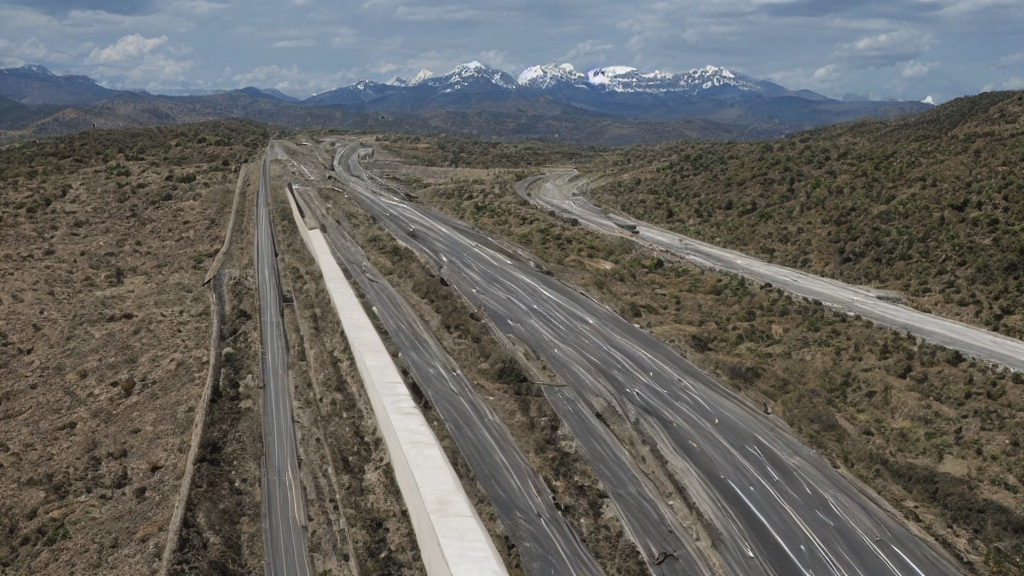
How Public Traffic Is Reduced Due To Remote Work
Remote work has emerged as a significant contributor to reducing carbon emissions from car travel, potentially slashing nearly 200 million tons of carbon dioxide annually across the U.S., according to a study by researchers at the University of Florida, MIT, and Peking University. By analyzing data from April 2020 to October 2022, the study revealed that a 10% increase in remote workers could lead to a corresponding 10% decrease in transportation-sector emissions.
While this presents a promising avenue for cities to achieve their sustainability goals, it comes at a considerable cost to public transit revenues. A 10% rise in remote work could result in a staggering 27% drop in transit fare revenue nationally, amounting to $3.7 billion lost. With as many as half of all workers expected to work remotely at least part of the time, the implications for transit agencies are profound.
Shenhao Wang, Ph.D., a professor of urban planning at UF, highlighted the complexity of the situation, emphasizing the need for transit agencies to adapt to changing trends. The study found that public transit ridership declined more than twice as fast as car travel in response to remote work, underscoring the urgent need for strategic planning.
Yunhan Zheng, Ph.D., a postdoctoral researcher at MIT and lead author of the study, explained that while transit is primarily relied upon for commuting, other activities such as shopping and leisure are often conducted by car, mitigating the impact of remote work on driving behavior.
To address the financial sustainability challenges faced by transit agencies, Zheng suggested potential solutions such as offering more services during off-peak hours in residential areas to better accommodate remote workers.
Published in Nature Cities, the study marks an important step in understanding the dynamic relationship between remote work and urban mobility. As researchers continue to analyze new data and employment trends evolve beyond the pandemic's immediate effects, further insights will emerge, guiding future strategies for sustainable urban development.
Read more at Phys